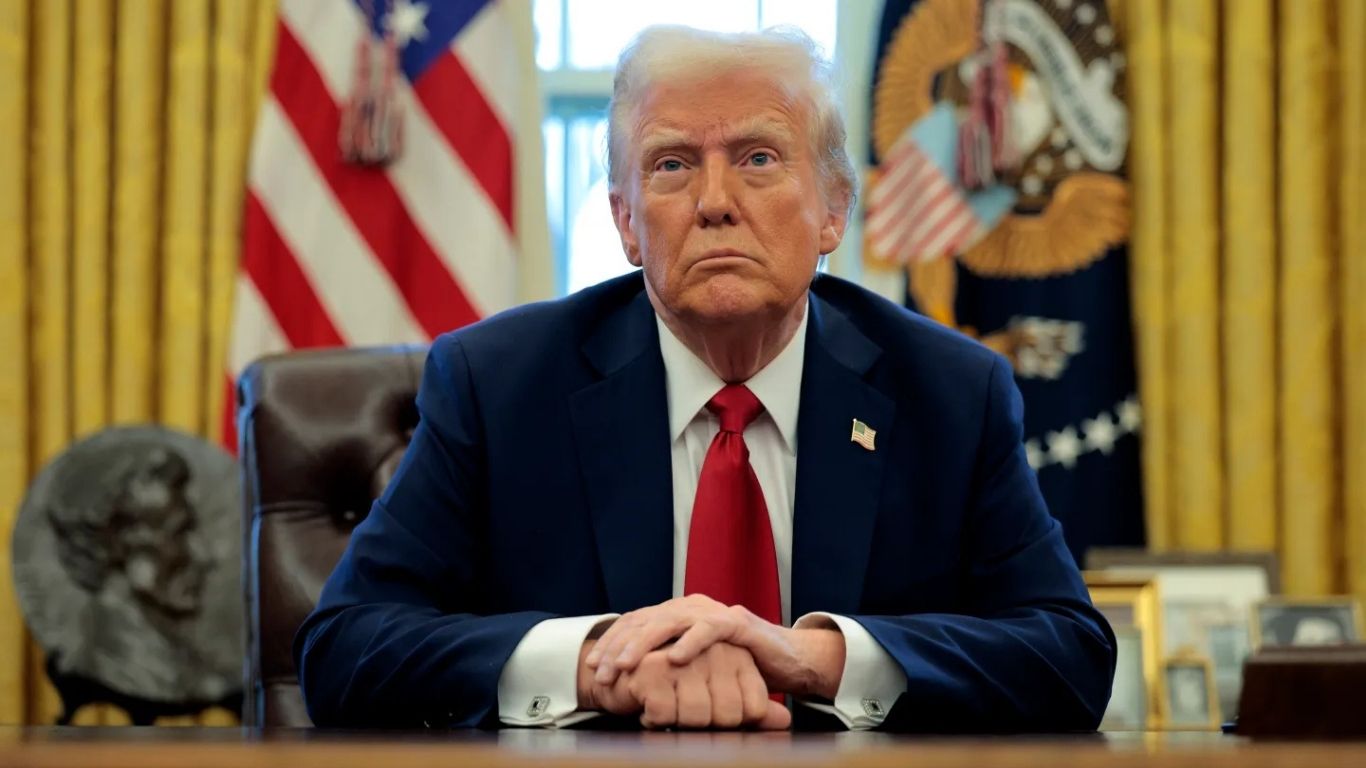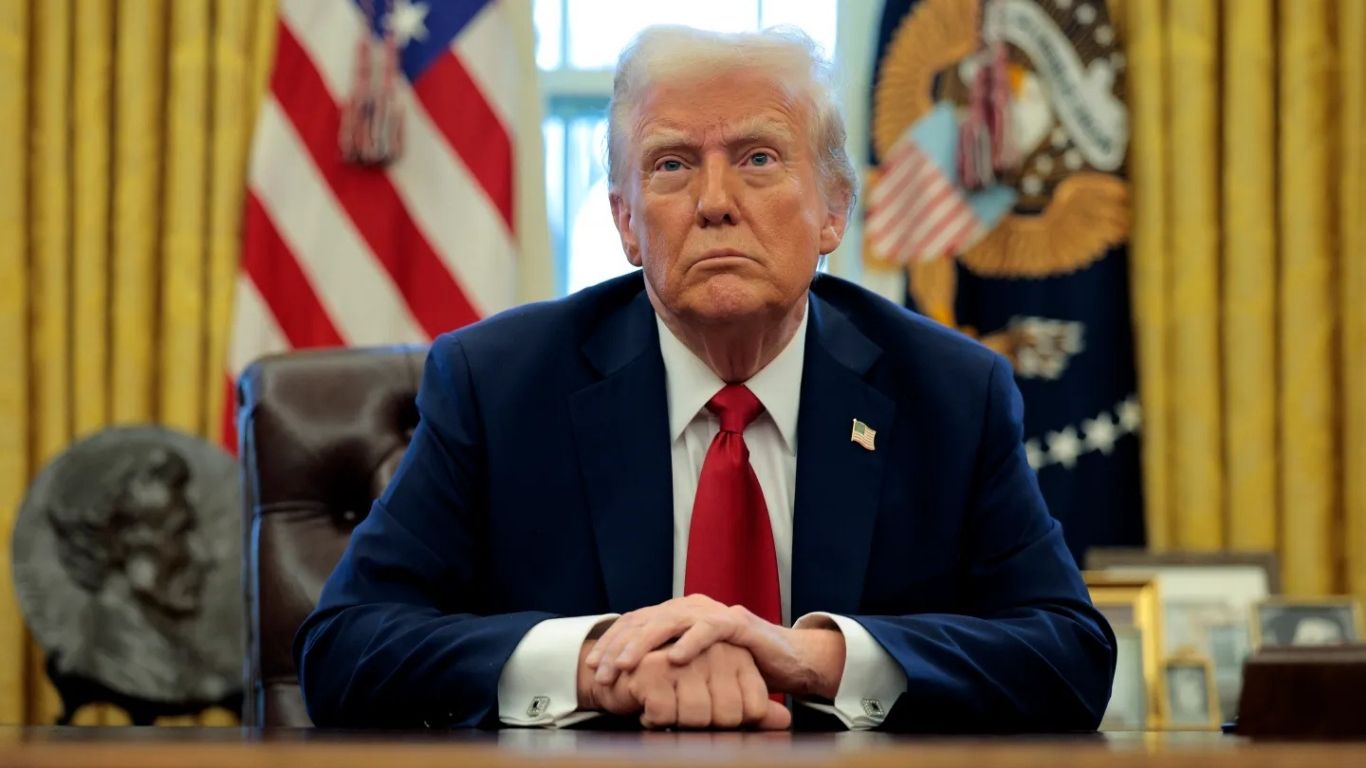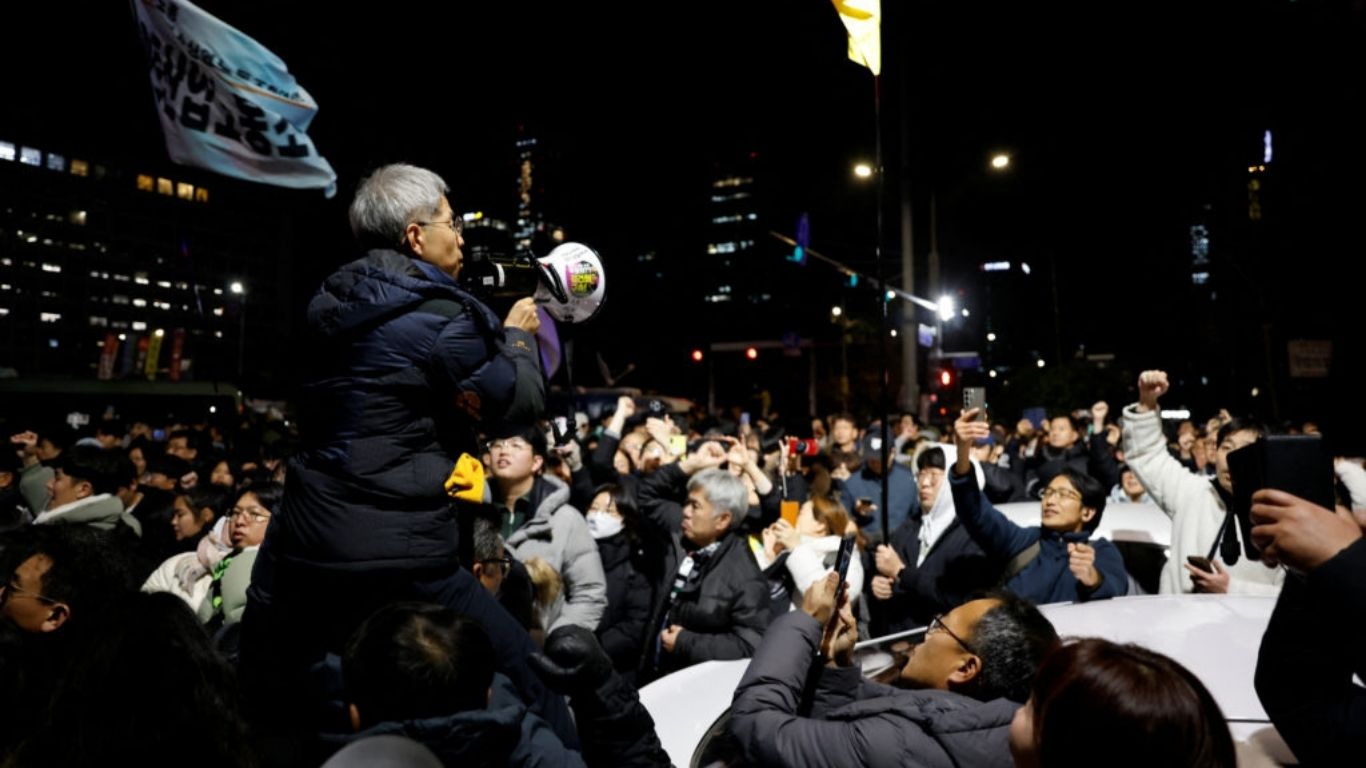U.S. President Joe Biden has issued a pardon to his son, Hunter Biden, who was facing sentencing in two high-profile criminal cases. These cases involve tax evasion and firearm possession. In the history of U.S., Hunter is the first child of a sitting president to face criminal charges.
Hunter Biden, 54, has been candid about his struggles with drug addiction and alcoholism, which he detailed in his 2021 memoir. He credited treatment with helping him overcome these challenges. However, his legal troubles have drawn significant attention. He was charged with tax fraud and illegally purchasing a firearm while using drugs. In June, a jury convicted him of buying and possessing a.38 caliber revolver for 11 days unlawfully, though the weapon was never fired. By September, he had also found guilty to failing to pay $1.4 million in taxes.
The charges carried potential sentences of up to 42 years in prison, though legal experts expressed that he might receive a smaller penalty, possibly avoiding incarceration altogether. Sentencing was scheduled for December 12 in Delaware for the firearm case and December 16 in California for the tax charges.
Earlier this year, President Biden had publicly stated he would not intervene in his son’s legal proceedings, emphasizing the independence of the justice system. This stance was reiterated several times by the White House press secretary.
However, on Sunday, the White House announced the president’s decision to grant clemency to his son. In a statement, Biden described the charges as politically motivated, labeling them a “miscarriage of justice.” He said that Hunter was unfairly targeted due to his family ties, and added, “I believe in the justice system, but this case was infected by politics.” Biden further added, “I hope Americans understand why a father and president would make this decision.”
Hunter Biden expressed gratitude for the pardon, acknowledging the mistakes he made during his addiction struggles. He pledged to devote his life to supporting others battling similar challenges, signaling a commitment to making amends and contributing to society.
Presidential Clemency: Powers and Controversies
Under the U.S. Constitution, the president holds the authority to grant clemency, encompassing pardons, commutations, and amnesties. A pardon eliminates federal criminal charges and restores civil rights, while a commutation reduces the severity of a sentence without erasing the conviction.
Presidential pardons for family members are not unprecedented. For instance, Donald Trump pardoned Charles Kushner, his son-in-law’s father, who was convicted of tax evasion and witness tampering. Similarly, Bill Clinton extended a pardon to his half-brother, Roger Clinton Jr., for a drug-related offense.
The decision to pardon Hunter Biden has sparked concerns about public trust in the legal system, with critics questioning the principles of fairness and equality under the law. Political analyst Eric Ham suggested that the move reflects President Biden’s prioritization of his family but warned it could undermine the U.S.’s ability to advocate for democratic values on the global stage.
Some critics argue that the pardon weakens the U.S.’s position when condemning judicial corruption in countries like Russia and China. Ham also noted parallels between Biden’s decision and Donald Trump’s promises to pardon individuals linked to the January 6 Capitol attack.
The pardon has elicited strong reactions across the political spectrum. Republican Senator Chuck Grassley accused Biden of breaking his earlier pledge not to intervene, while Democratic Representative Greg Stanton labeled the decision a mistake. In contrast, former Attorney General Eric Holder defended the pardon as warranted under the circumstances.
Adding to the political tension, Donald Trump called the pardon an “abuse of justice,” accusing Biden of hypocrisy and bias within the legal system.
This controversial decision has intensified debates about justice and fairness in America, leaving many to reflect on its implications for public trust and the nation’s image on the international stage.




